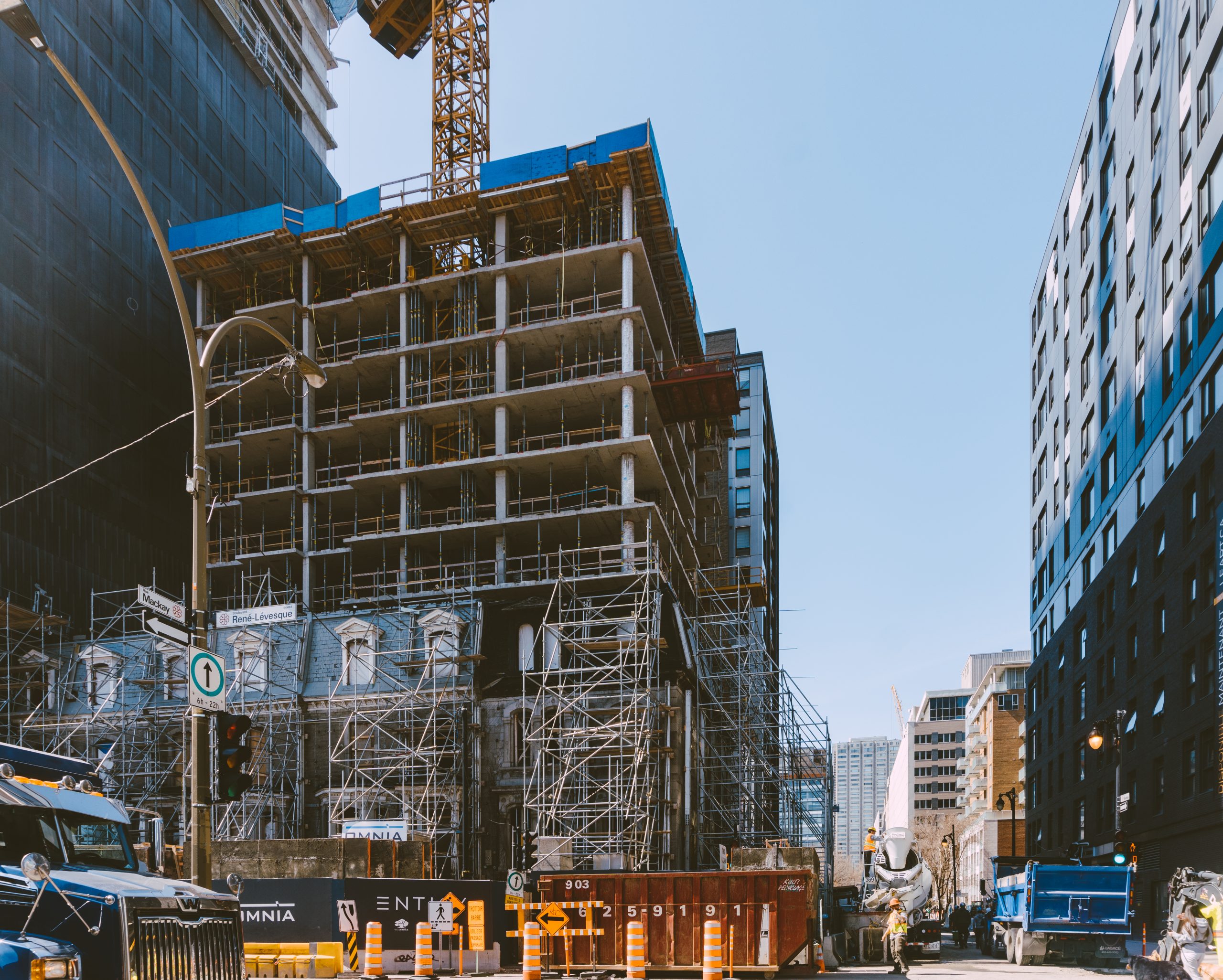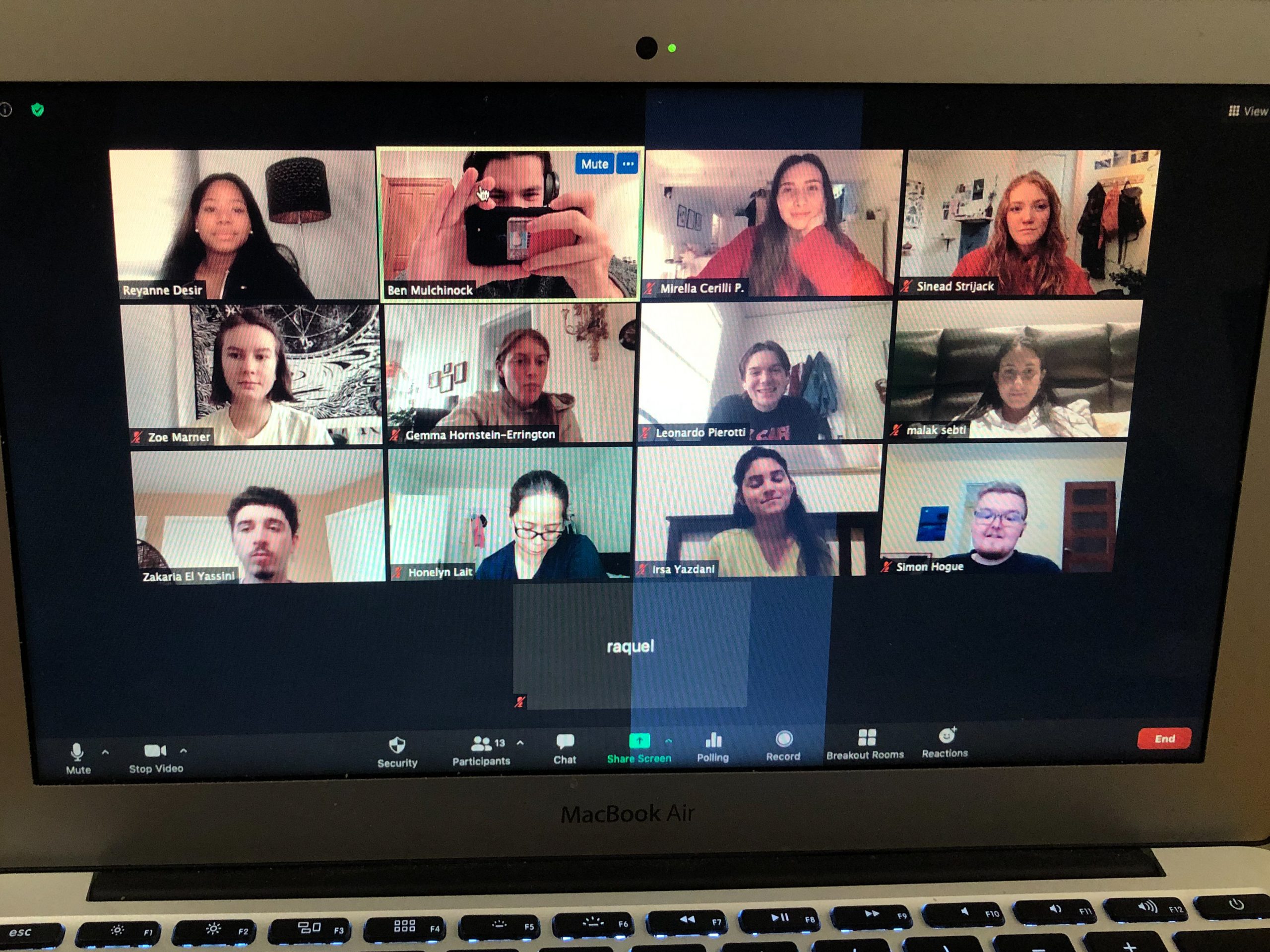On the side of Highway 117, near de la Verendrye Park about 300 kilometres northwest of Montreal, the only remaining evidence of the March 12 road blockade is a disturbed pile of wood chips, a wedge of dirty snow, scattered 12-foot logs and a manned police car.
At the entrance to the off-reserve settlement of the Anishnabe Algonquins stand two giant tee-pee tents. Above them fly four flags. Those of the Algonquin, the Mic Mac, the Métis and the Warriors.
Last week 50 aboriginal people, including chiefs and a handful of Métis Warriors, came from all corners of Quebec to the Anishnabes of Barrière Lake aboriginal community to stand watch at a blockade on the heavily used highway, the only route between the Laurentian and Abitibi-Témiscamingue regions. The blockade lasted from early Monday morning until midday Tuesday before the protestors agreed to take it down and talk through their grievances.
The protesters said the Quebec government reneged on a verbal agreement granting them the right to harvest deadfall and unused timber after logging companies had taken what they wanted. A similar blockade in 1996 was ineffective in drawing attention to similar complaints about logging rights.
This time, the Métis Warriors have joined the Anishnabe protest. But they aren’t only here because of a logging dispute, they want to see a change in the living conditions of this settlement.
And they’re not leaving until they feel the government has gotten the message that the aboriginal community has, once again, reached its limits.
Just inside the settlement gates, around 12 Warriors – the men refer to themselves as “les sauvages” – are clustered around a campfire.
“We are all family,” said Patrick Grenier, a Métis from St. Jérome. “We can’t leave our brothers and sisters in a situation like this.”
“Do you see swing sets here, or sand pits, something for the kids to pass the time?” Grenier asked. “There’s nothing here. The houses are not finished, you [can] see through the walls. It’s very humid, no electricity. It’s unacceptable to have these kinds of conditions,” he said, his blue eyes flashing as he talked about the conditions the children are raised in.
Paul Cr



